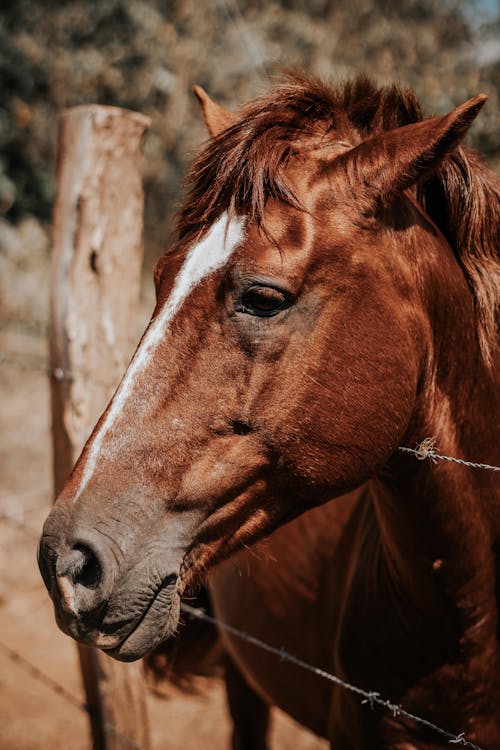
One Sunday I took my dog for our usual morning walk at nine A.M. I saw three piles of horse manure at twenty foot intervals in the middle of my street.
Who rides their horse in a residential area? I thought.
On James Way, three more like piles dotted the north bound lane. I saw a huge pile on the grass in front of the Post Office.
When I returned home I stopped to talk with my neighbor, Danny.
“Did you see the horses this morning?” he asked.
“No but I saw their calling cards.”
“Three horses came through here at seven A.M. They had no riders, saddle, bridle or rein…just walking along by themselves,” he said. “I called the police and they told me they had another call from Price Canyon about loose horses. They sent a patrol car but I don’t know how they expect to catch them. This isn’t the wild west.”
We speculated on where they belonged. “You’d think someone whose horses escaped their corral would notice,” Danny said.
Our neighbor Chuck joined the group. “If the owner had a couple hundred head, they wouldn’t necessarily notice the absence of just three,” he said.
I never found out the outcome of the run-away horses but the following day the street sweeper came through and removed all evidence of the visiting equines.
It reminded me of horse-drawn carts of my Brooklyn youth. Merchants selling produce, ice, or sharpened knives came through the city streets touting their wares.
The Italian grocer made his presence known by calling out “Water-melone, sweet water-melone, fresha fruita,” His scale hung by a trio of chains from the frame of his cart, and swung in arcs as he led his horse. I wonder about the accuracy of such a shaken weighing device.
When the horses dropped their manure, the housewives scooped it up to use as fertilizer in their small back yard victory gardens. No street cleaner would dare sweep it away. Nothing went to waste in the 1940’s.

No comments:
Post a Comment